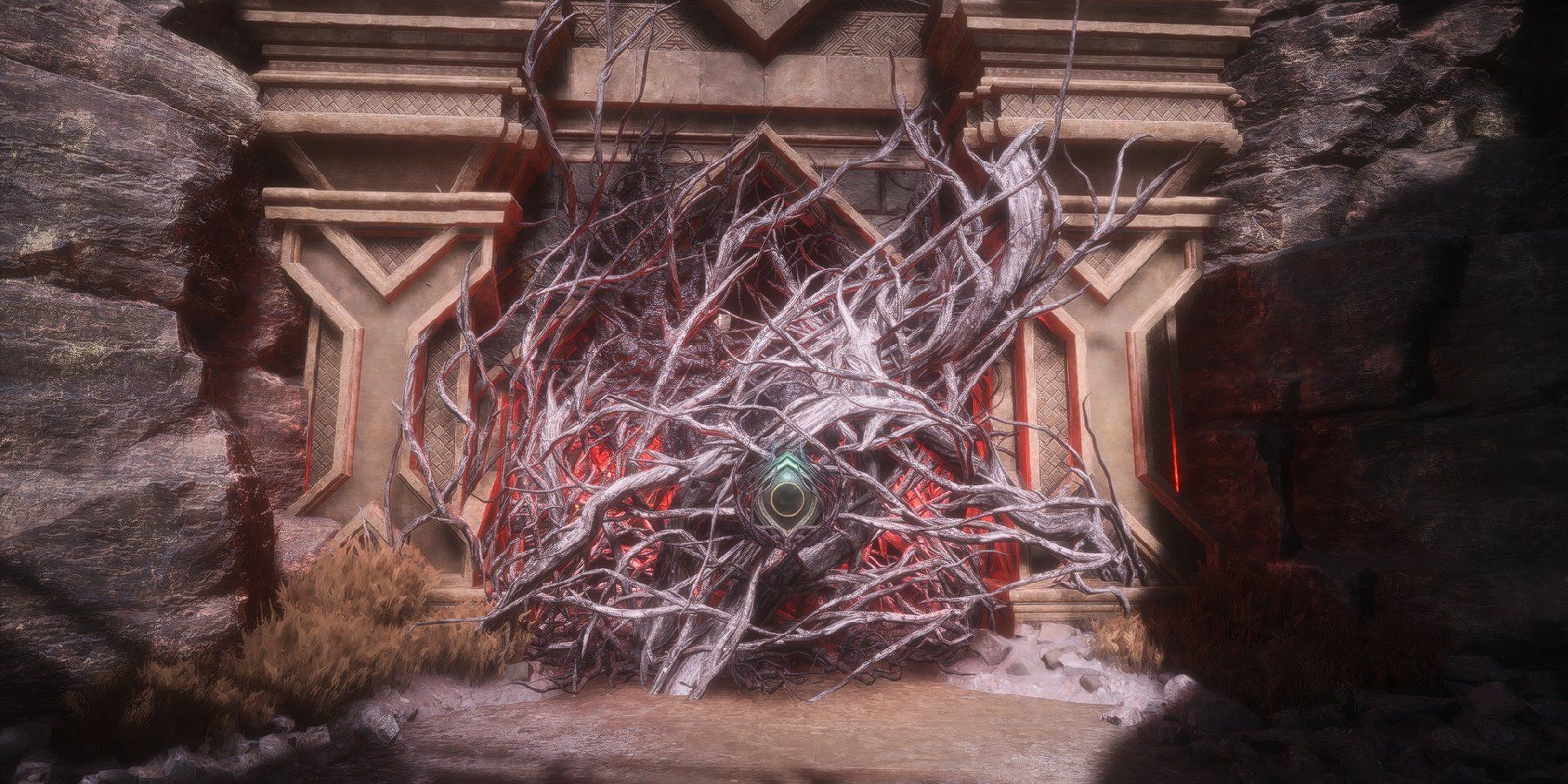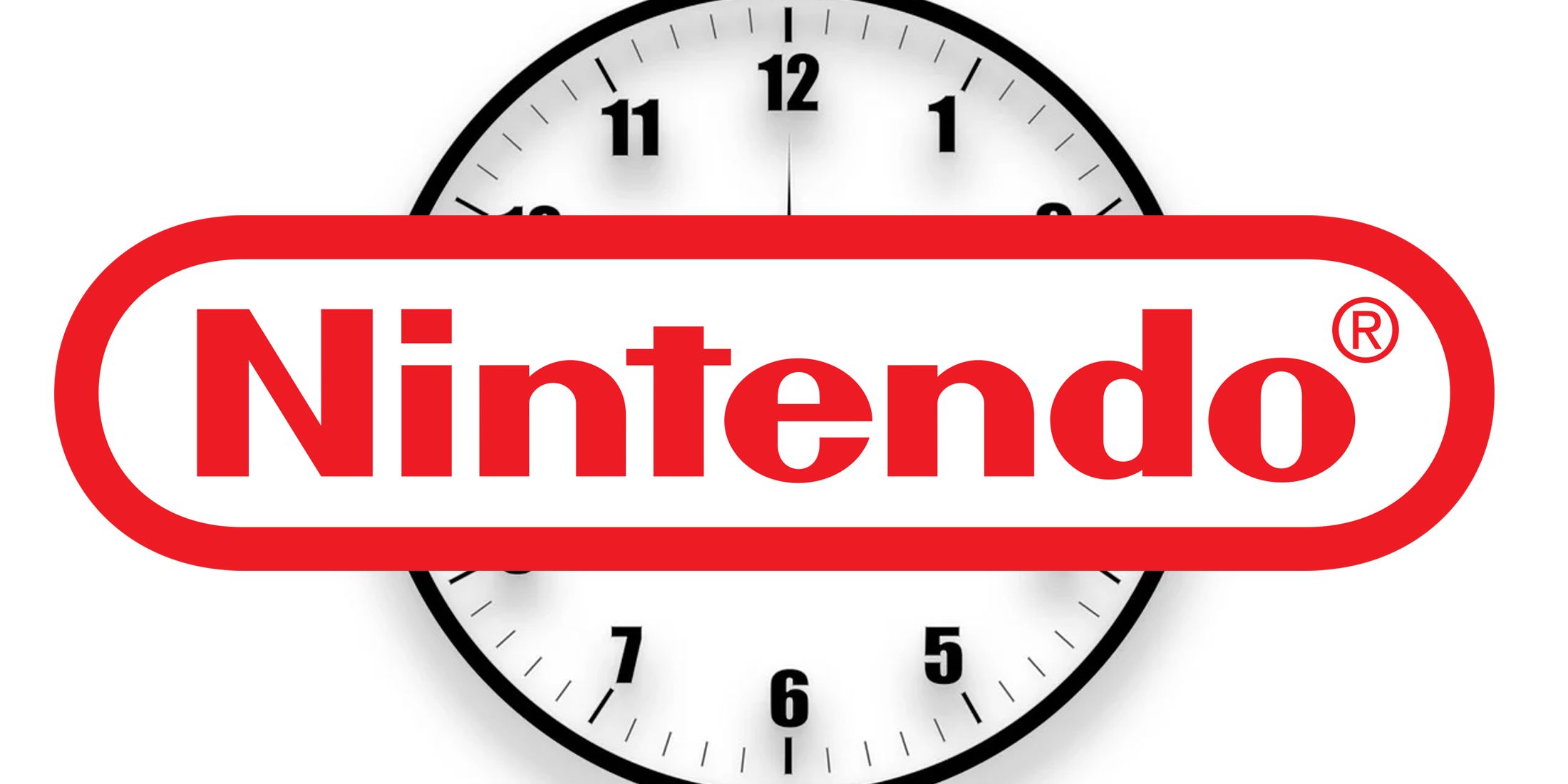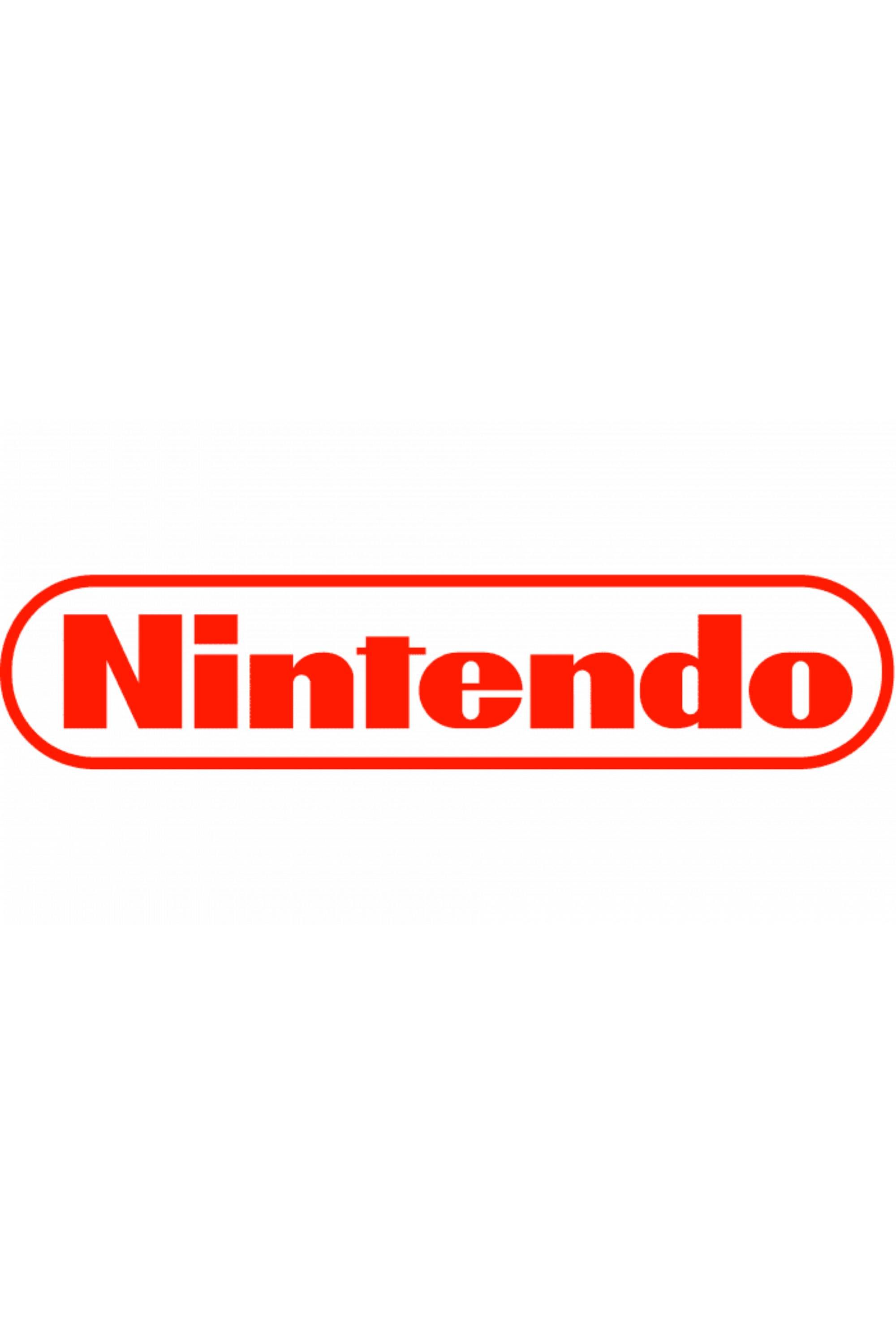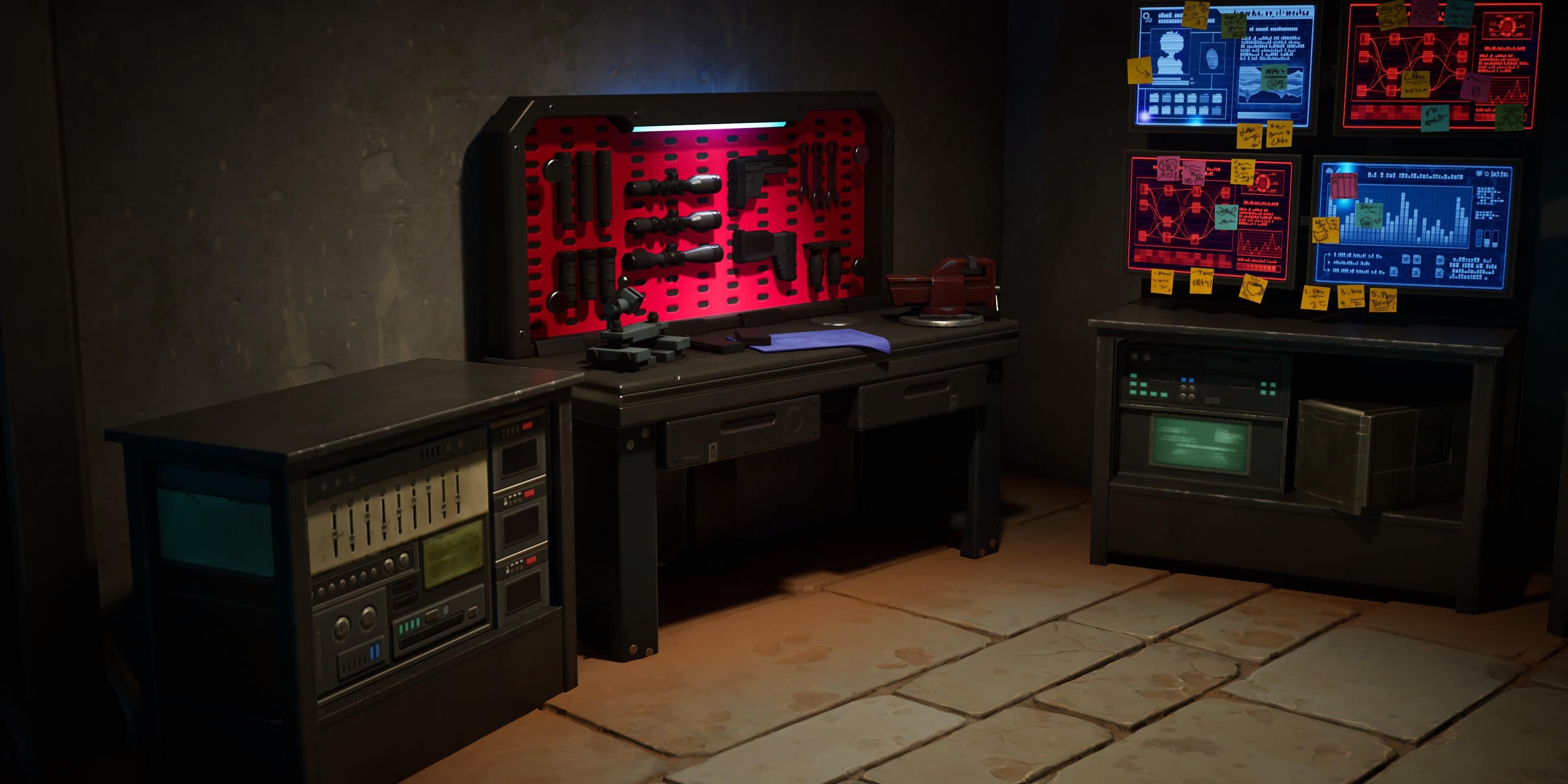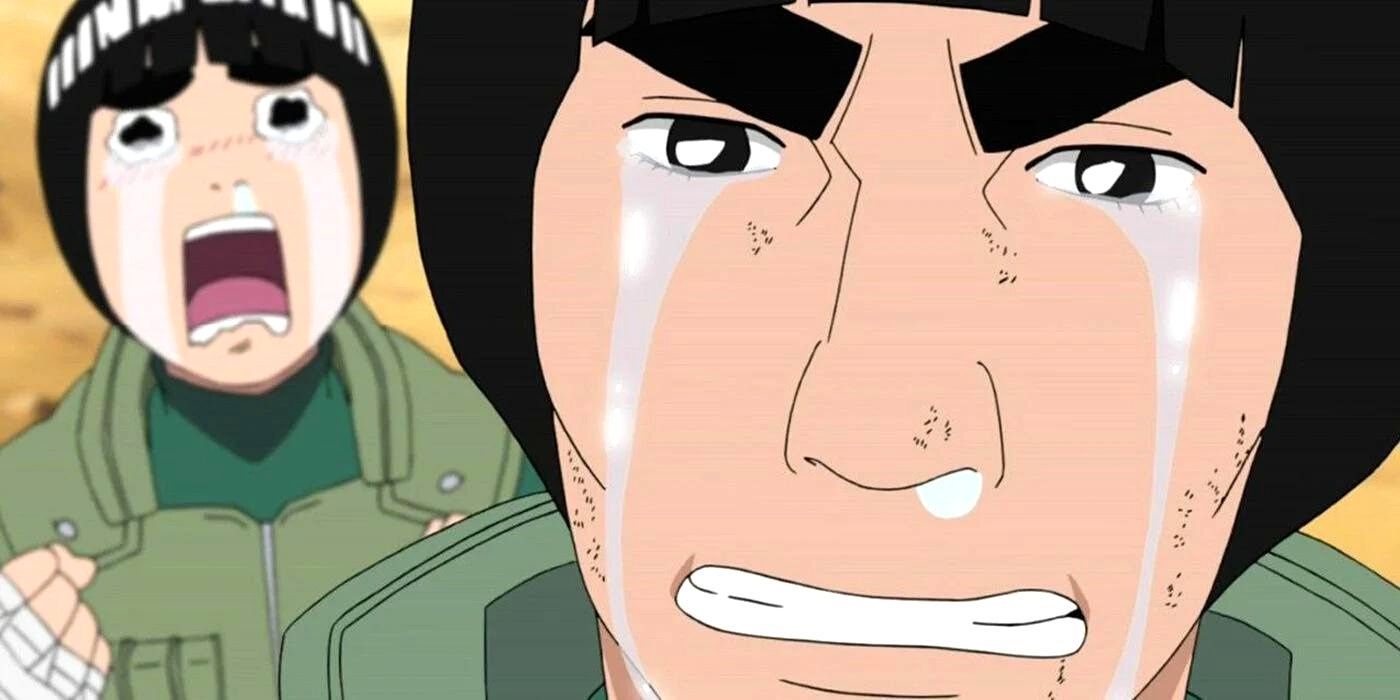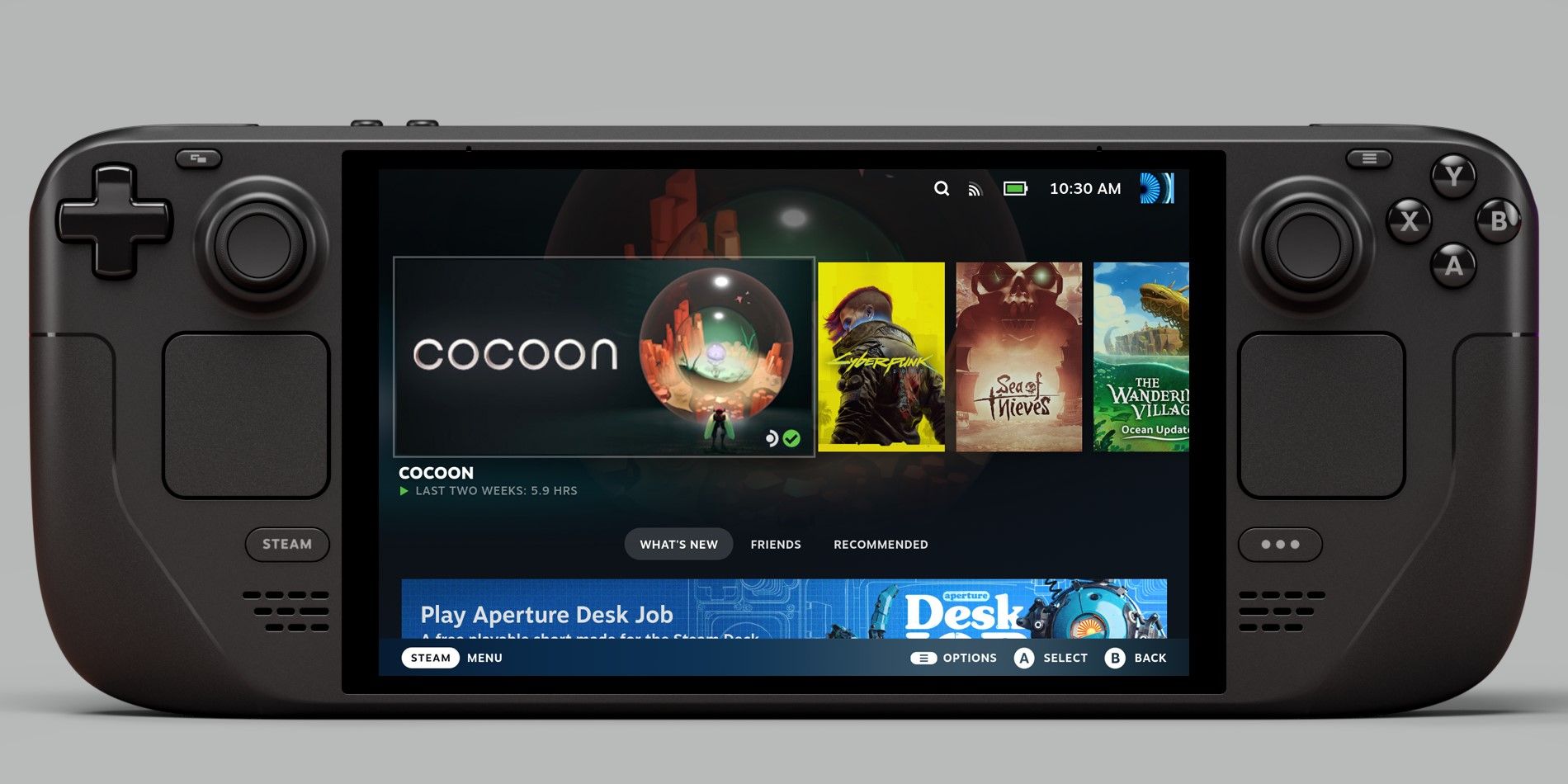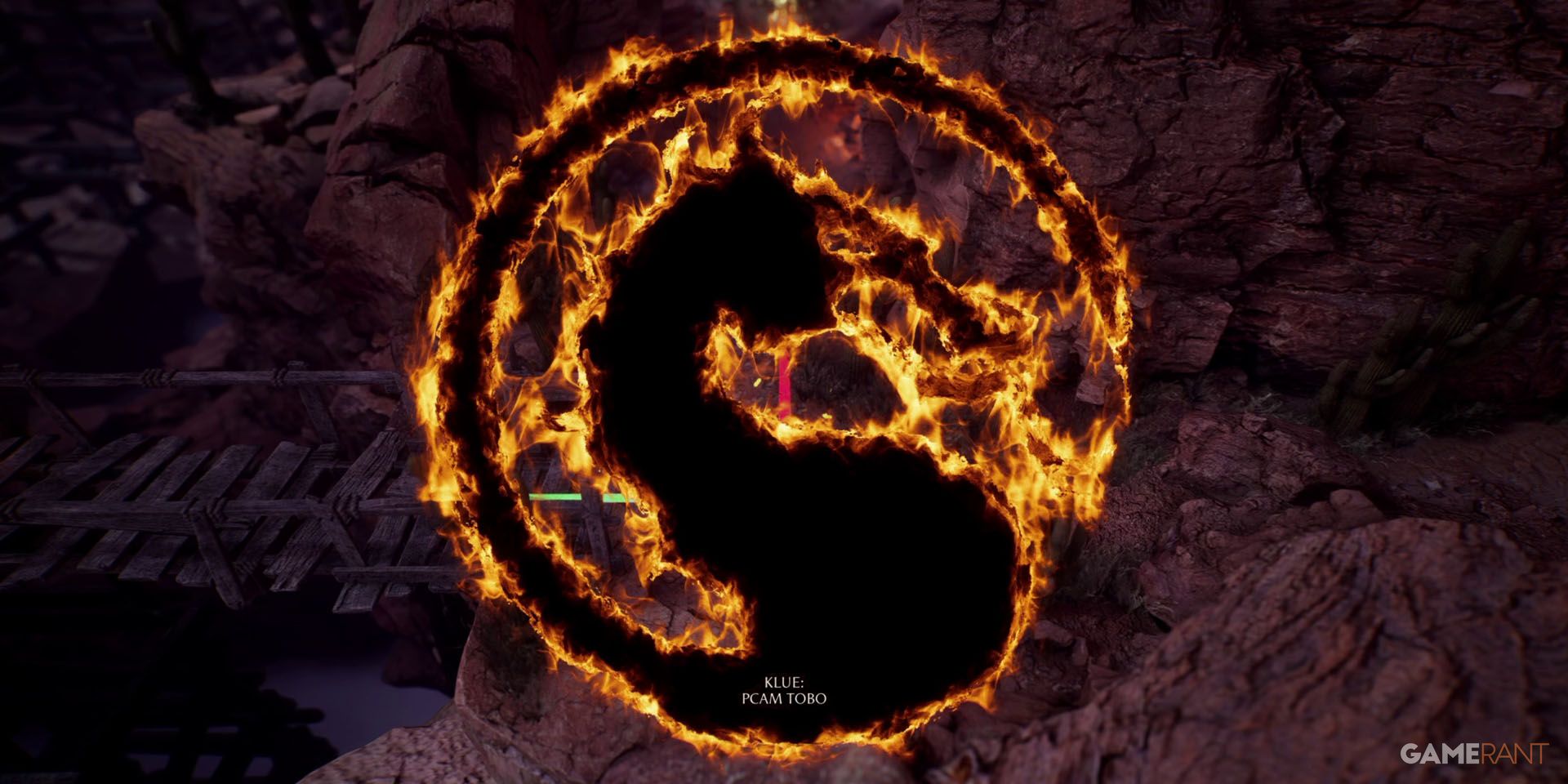Highlights
- Nintendo executives attribute long game development cycles to continuing advancements in hardware.
- The company is aiming to shorten these cycles by expanding its development resources and making “necessary investments.
High-ranking Nintendo executives recently shared some insights into why modern video games take longer to develop. Long waits between the time a given title is announced and the time that players finally get their hands on it have grown increasingly common over the years, even without delays and production issues that can crop up during development. For example, the Nintendo title The Legend of Zelda: Tears of the Kingdom finally launched on the Nintendo Switch in 2023, no less than four years after it was originally announced and six years after its predecessor, Breath of the Wild.
Likewise, fans had been waiting for Metroid Prime 4: Beyond for nearly 10 years when it was initially announced by Nintendo back in 2017 – only for its development to be completely restarted from scratch in 2019. Now the title is set to launch sometime in 2025, eight years after its existence was officially confirmed. Super Mario Bros. Wonder also began development in 2019, four years before it debuted on the Nintendo Switch in late 2023. This doesn’t factor in how Super Mario Bros. Wonder was the first traditional 2D Mario platformer since New Super Mario Bros. U back in 2012, which made the wait even tougher for fans.
Related
A Simple Nintendo Announcement Has Gamers Mourning The Wii U Again
Nintendo provides a disheartening update that may disappoint gamers and collectors who are fans of Nintendo’s Wii U.
Nintendo Senior Managing Executive Officer and Corporate Director Shinya Takahashi noted this long wait during a recent shareholder Q&A session (via NintendoLife), pointing out that Super Mario Bros. Wonder wasn’t in development for the full decade following the previous Mario sidescroller. He did, however, acknowledge how video games are taking longer to develop these days, stating that such waits are “inevitable” as hardware continues to advance. However, he states that Nintendo is making efforts to shorten software development periods by “steadily improving the development cycle.”
Nintendo Is Trying To Make Game Development Cycles Shorter
Takahashi also provided some more reasons behind the long wait for Super Mario Bros. Wonder, citing various initiatives and studies that he claims were meant to encourage as many people as possible to enjoy the game once it finally launched. Meanwhile, Nintendo president Shuntaro Furukawa agreed that game development has become “more prolonged, more complex, and more advanced” over the past few generations, and that his company will continue to mitigate this by expanding its development resources and making “necessary investments.”
During the Q&A session, Shuntaro Furukawa also addressed the increased use of generative AI in game development and stated that Nintendo currently has no plans to incorporate such technology into the development of its future first-party titles, largely due to concerns over IP rights. While this same AI could be used to cut down on development time, Nintendo is looking into other ways to create games faster while maintaining the high level of quality that players have come to expect from one of the biggest video game companies out there.
